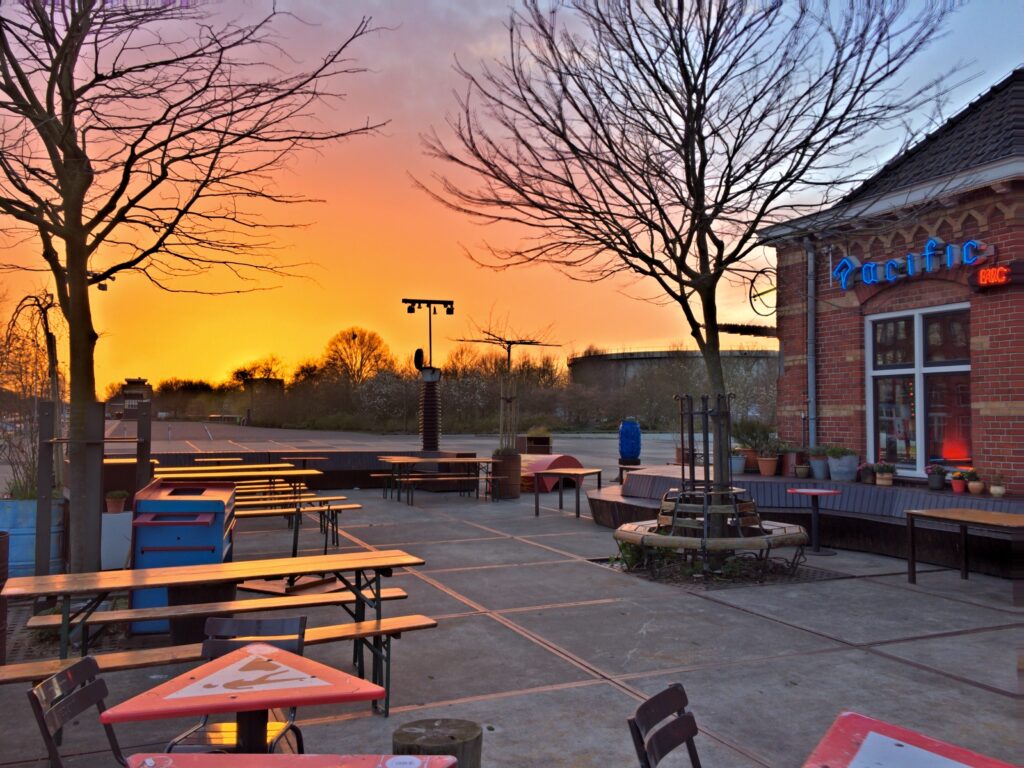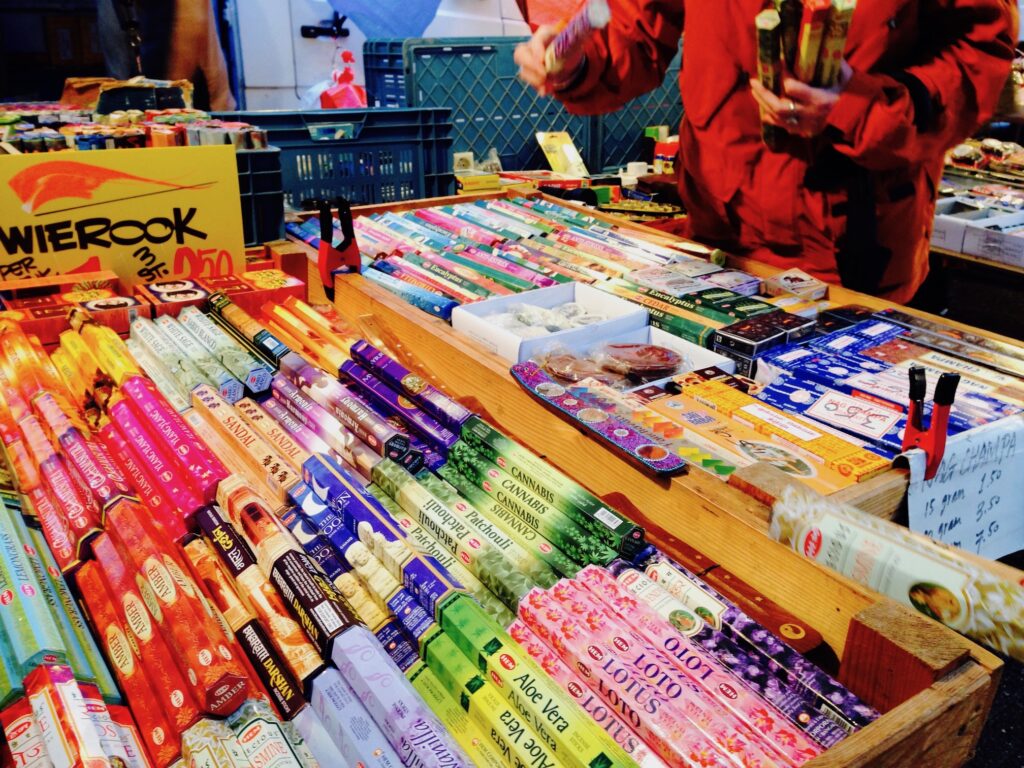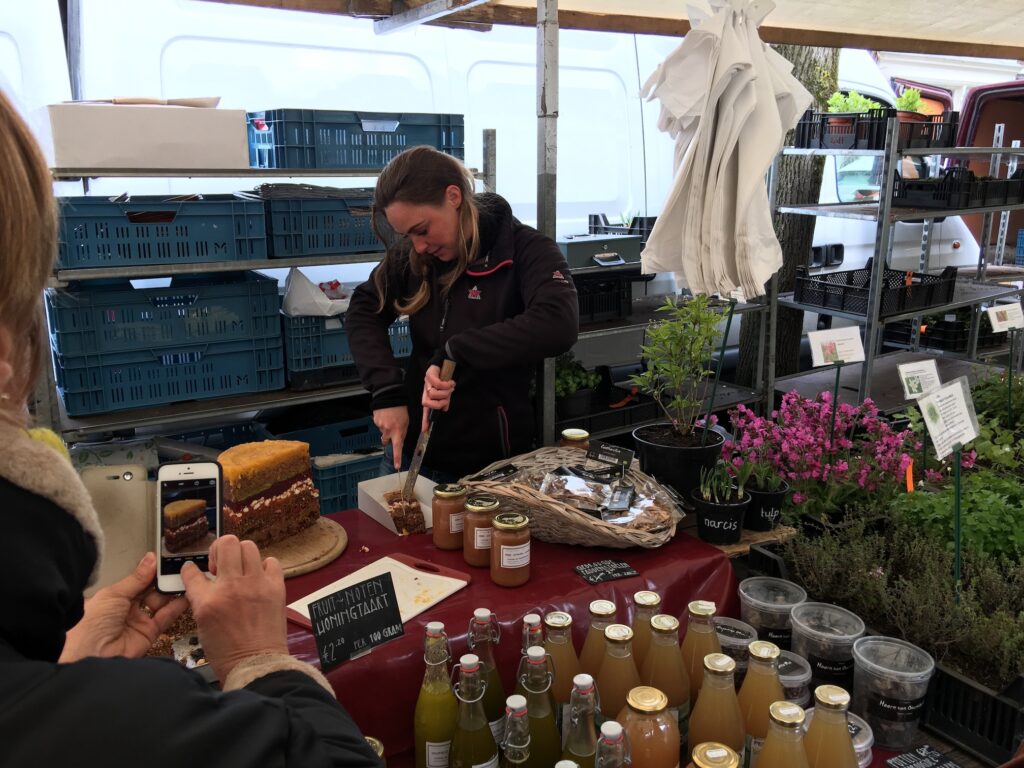It’s being said that this is the most challenging time in the history of the world since the second world war. Never before, in the lifetime of most of us, has the world collectively faced such a steep challenge that is impacting us from all sides.
This is the world after one of our worst fears — that of a global pandemic — is finally upon us.
And, boy, was the world unprepared.
The outbreak has been in the news since at least the beginning of 2020, at least, as far as my memory serves. It started with a closed phenomenon in a very specific part of China. within a couple weeks it was being classified as a global health emergency, and after weeks of news about travel bans in country after country, it was suddenly, one day, a global pandemic.
As I type this post, The Netherlands went from one lone case to more than 11,000 at last count. The health department can still not keep up with testing demands, and although it tries its best to supply daily updates, at this point the numbers mean nothing. After people largely ignored the potential of the outbreak to disrupt their lives, the government initially imposed a 3 week ‘soft’ shutdown of all cafes, restaurants, schools, and other P2P services like hair salons. Earlier this week, this was extended by another month, and things don’t look like they’ll be a whole lot different at that point. We’re in this for the long haul.
Whereas we blamed technology for creating distances between us, now we can blame a virus. There has been a lot of positives as well — people are helping each other out. Friends and families that never talked to each other, or seldom did, now invite each other for video calls, people are cooking more often at home – there’s not much to do when you can’t go out and socialize or work, there has been a sales uptick in board games, and companies are finally waking up to the fact that remote work doesn’t make anyone any less productive than being in an office (unpredictability and powerlessness does).
We have a family chat group where I very frequently share thoughts on politics as well as current affairs. My first message goes back to January 25th when I shared that there were 3 cases of infections in France. Three days later it was found in Germany. The Netherlands got its first positive case on the 27th of February. Over days and weeks, the messages gradually went from me sharing supposedly hyped up news to how we could keep each other safe and more aware about the virus’s spread. Knowledge is power.
Today, we are inundated with news and political discourse. Seek and ye shall find opinions about anything. The same is true of COVID-19, as it is now called. Up until a couple weeks ago, there were countries where this epidemic was being considered a hoax. This when thousands had already died and many were being hospitalized. You only get empathy for what you can see or experience, and this is why people did not understand the gravity of the situation. Even here in Amsterdam, people were casually watching movies, filling up cafes, and partying it up right up to the moment where everything was shut down. Only now, after 3 weeks, do you see people actively distancing themselves from others out in the public.
Every day brings some kind of dire news — ICUs falling short, healthcare staff running out of protective gear, working overtime, people losing jobs. While there have been instances of people banding together to thank the healthcare professionals, all the cheerleading can’t make up for the fact that they’re exasperated. They can’t isolate themselves, and while the rest of the privileged world could debate whether shutdowns are better or not compared to just letting people die, these professionals know that they’re up against a challenge that puts them front and center in the enemy’s crosshairs.
And yet, some countries and people have found this to be a good time to further divide others along religious or patriotic lines. The financial news is full of reports of one country strong-arming the other in exchange of humanitarian supplies, or any one leader sowing sectarian division and hence fortifying their voter base. Clearly, not everyone has risen to the challenge to leave this world better than how we found it.
So, what’s next? I don’t know. A huge part of me is optimistic that humanity would come out stronger and more cohesive after we’re done with this. People would get back to basics, care more about the planet — after all, the climate emergency is none any lesser important than this current crisis — yet, we didn’t stop polluting the planet until now. While the virus is killing the frail and the unfortunate, cities are seeing unprecedented levels of clean air and tranquil, empty city centers. Tourism has made a full-stop. The other part of me doesn’t have much faith in our collective memories. This too shall pass and we shall slowly ramp back up to our old ways — to flying to a new city for a ‘quick weekend break’, to sitting next to people and yet being distant, to not voting for policies that seek to empower everyone with wonderful health care and employment benefits.
Time will tell what’s next.
The best we could do is to stay positive and keep caring.
 One of the best things about living in the Netherlands, and in the center of Amsterdam, in particular, is access to weekly street markets. In a city that is so saturated with grocery stores of all types (organic, raw, vegan, carnivore) and sizes, I find it impressive that the weekly street market remains one of the best places to procure good quality produce and handicrafts.
One of the best things about living in the Netherlands, and in the center of Amsterdam, in particular, is access to weekly street markets. In a city that is so saturated with grocery stores of all types (organic, raw, vegan, carnivore) and sizes, I find it impressive that the weekly street market remains one of the best places to procure good quality produce and handicrafts. The weekly markets afford a unique shopping and product experience that is hard to obtain while shopping online or at your favorite Main Street chain. We have come to make a lot of friends as we enjoy the wonderful waffles and sandwiches every weekend at the market downstairs.
The weekly markets afford a unique shopping and product experience that is hard to obtain while shopping online or at your favorite Main Street chain. We have come to make a lot of friends as we enjoy the wonderful waffles and sandwiches every weekend at the market downstairs. The neighborhood Westerpark also has a series of arts and fashion markets throughout the year, more so during the warmer summer months. During the colder times of the year, they usually have one market a month. While these markets are not so much product focussed, you often see a lot of entrepreneurs in niche areas selling things from wooden eyewear frames to custom keychains. As the Dutch would say – the markets are really gezellig.
The neighborhood Westerpark also has a series of arts and fashion markets throughout the year, more so during the warmer summer months. During the colder times of the year, they usually have one market a month. While these markets are not so much product focussed, you often see a lot of entrepreneurs in niche areas selling things from wooden eyewear frames to custom keychains. As the Dutch would say – the markets are really gezellig.